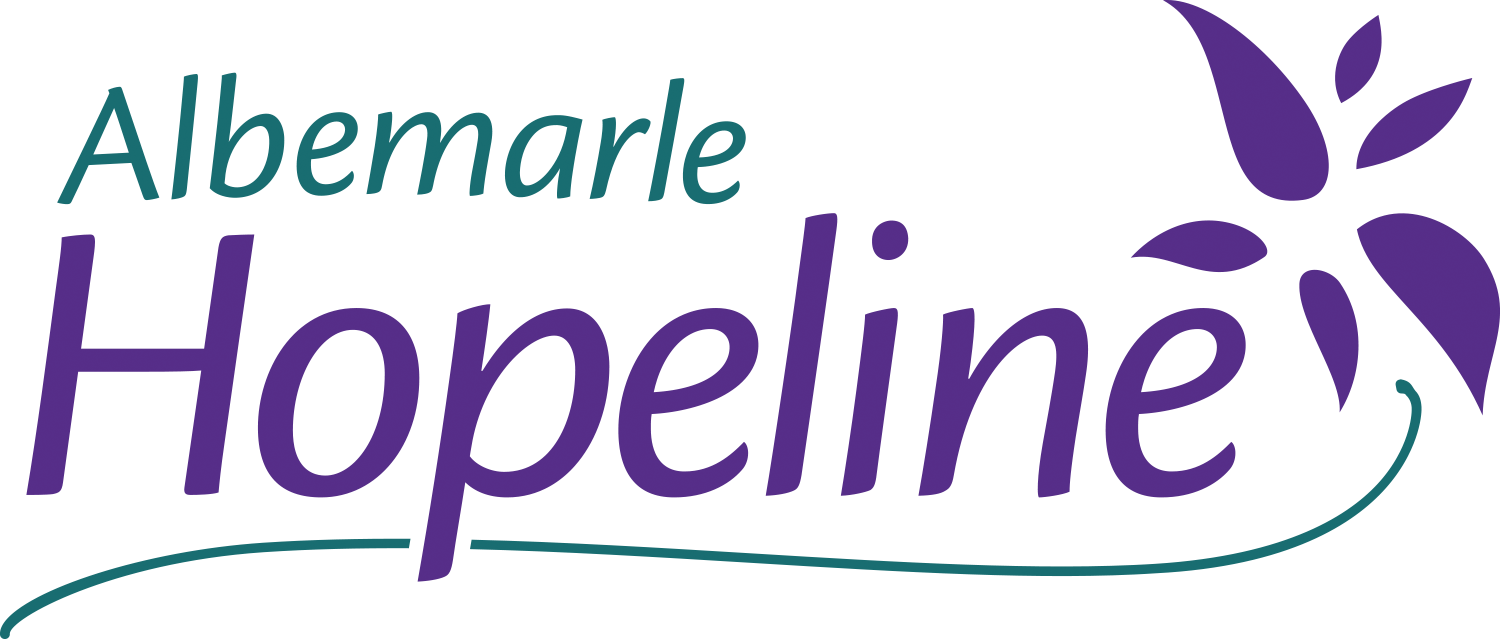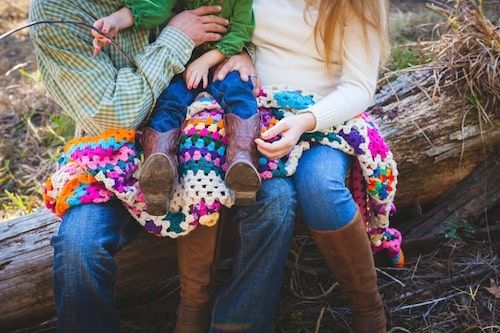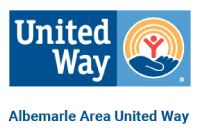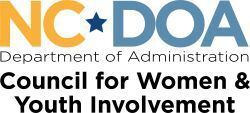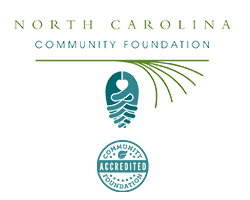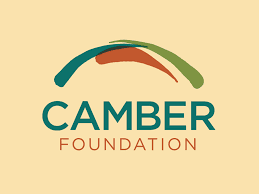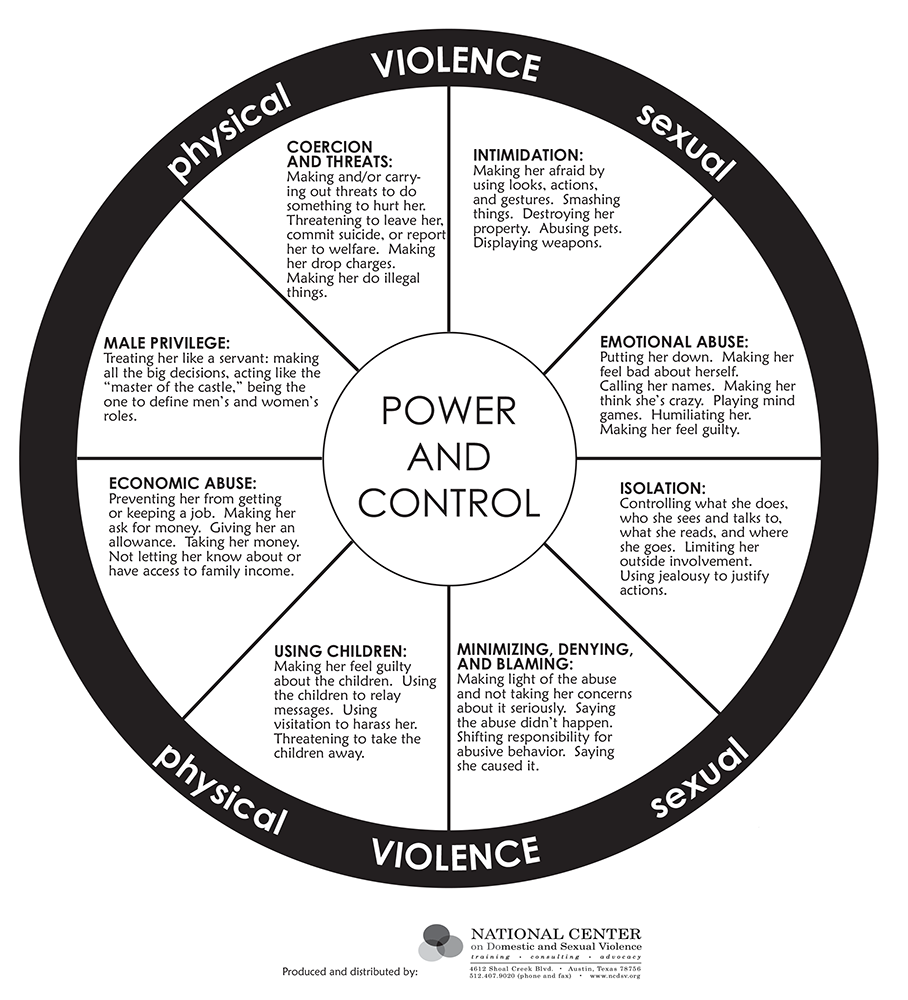
June is Elder Abuse Awareness Month. Elder abuse is an intentional act or failure to act that causes harm to an older adult (60+). It can be a really difficult type of abuse to confront, since the majority of perpetrators are family members or someone close to the victim. Family members make up 50% of elder abuse perpetrators, which can understandably make taking action complicated. Never hesitate to call us at Hopeline if you have any questions or want to know about our services. It's important to keep an eye out for friends, neighbors, and anyone else you know over 60. We as a community need to care for our most vulnerable populations and make sure that they are safe. We've included some information below to help spread some knowledge and give a few tips.
Abuse comes in many forms:
- Physical abuse: may include slapping, hitting, beating, bruising or causing someone physical pain, injury or suffering. This also could include confining an adult against their will, such as locking someone in a room or tying them to furniture.
- Emotional abuse: involves creating emotional pain, distress or anguish through the use of threats, intimidation or humiliation. This includes insults, yelling or threats of harm and/or isolation, or non-verbal actions such as throwing objects or glaring to project fear and/or intimidation.
- Sexual abuse: includes physical force, threats or coercion to facilitate non-consensual touching, fondling, intercourse or other sexual activities. This is particularly true with vulnerable adults who are unable to give consent or comprehend the nature of these actions.
- Neglect: includes failures by individuals to support the physical, emotional and social needs of adults dependent on others for their primary care. Neglect can take the form of withholding food, medications or access to health care professionals.
- Financial or material exploitation: includes the misuse, mishandling or exploitation of property, possessions or assets of adults. Also includes using another’s assets without consent, under false pretense, or through coercion and/or manipulation.
How to help:
- Call and visit as often as you can.
- Identify any warning signs as soon as possible and report it right away.
- Call Albemarle Hopeline, or your local Adult Protective Services if you suspect abuse.
- Shame can often keep abuse hidden, but speaking up and getting help is never the wrong thing do.
Albemarle Hopeline is here to support and assist the elderly who are experiencing abuse or harm. If you or someone you know is being abused and you would like more information on all of our free and confidential services, please call our 24 Hour Crisis Line at 252-338-3011 or click here to use our webchat.
Outside Resources:
